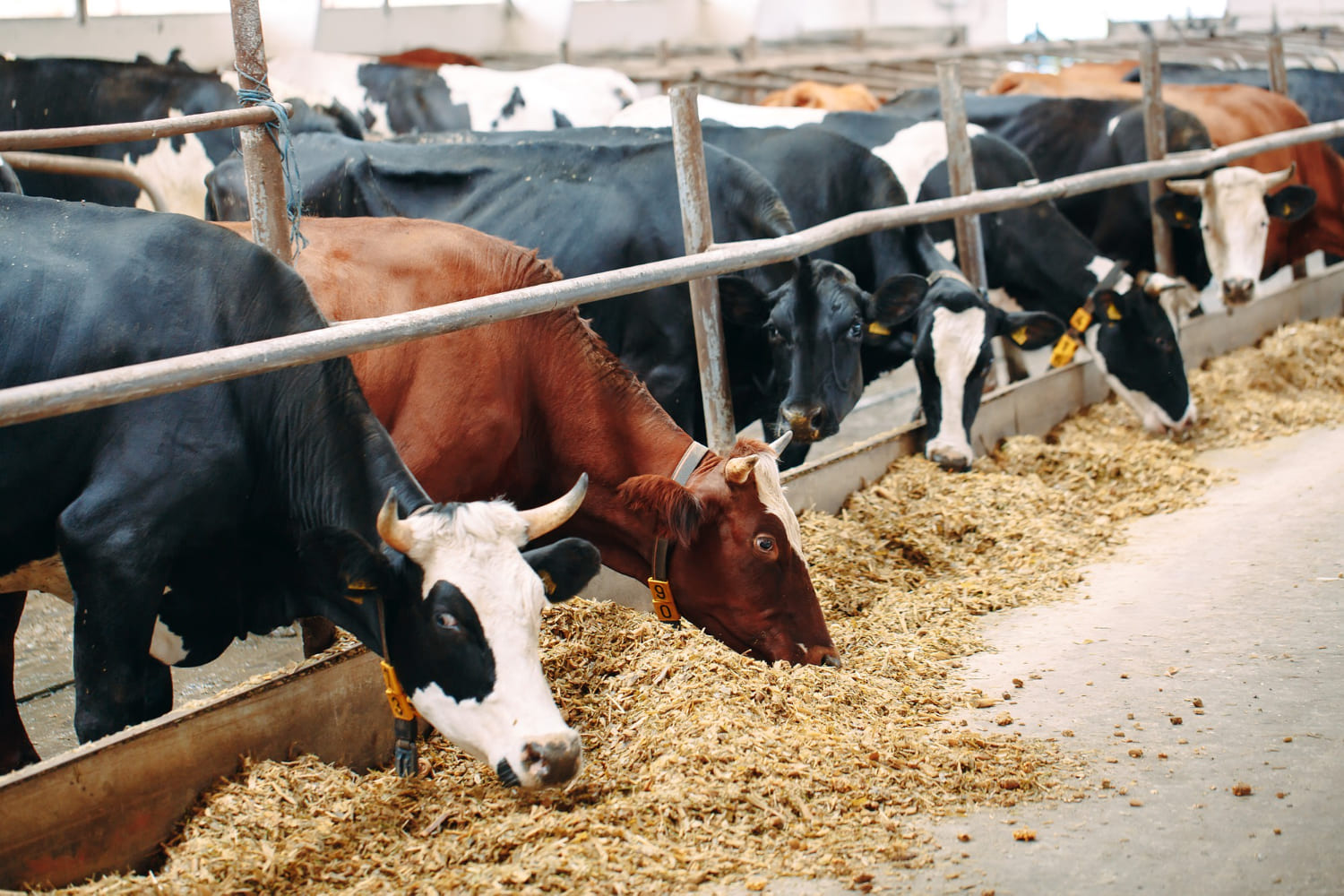What’s in the Feed? Understanding Additives and Their Benefits

Walk onto any well-run livestock or aquaculture farm today, and you’ll notice something: feed is no longer just feed. It’s part of a broader plan. Behind every steady milk yield, healthy growth rate, or consistent egg count, there’s a nutritional strategy at work, and feed additives are a key part of that picture.
At Valvin Nutraceuticals, we work closely with feed millers, integrators, and farm owners to deliver results backed by science. Our job doesn’t stop at making good products, it’s about helping you understand how they work. So if you’ve ever asked, “What exactly am I feeding my animals, and why does it matter?”, this is for you.
What Are Feed Additives and Why Are They Used?
In simple terms, animal feed additives are ingredients included in feed formulations to do something extra, like support digestion, strengthen immunity, improve palatability, or even extend shelf life. They don’t replace core nutrition. What they do is help the animal get more from what they’re already eating. This becomes especially important when you're working with performance herds or flocks, where every percentage gain makes a difference. Think of them as tools that fine-tune feed performance. If used correctly, they help your cattle digest better, your poultry stay healthier under stress, and your aquaculture stock convert feed more efficiently.Common Types of Additives: A Quick Breakdown
Let’s take a look at a few additive categories that we regularly see in action on farms, especially in dairy, poultry, and integrated feed operations. Enzymes These help animals break down feed components they struggle with. For example, certain fibres or anti-nutritional factors in grains. A good example is phytase, which makes phosphorus more available from plant-based ingredients. This not only boosts mineral absorption but also reduces environmental waste. Probiotics Essentially, these are good bacteria added to maintain gut balance. In young or stressed animals, they can help reduce digestive issues and support immunity. Poultry producers often notice better feed conversion and fewer setbacks during transitions. Antioxidants These help the body handle stress, be it from heat, disease, pressure, or high production demands. You’ll often see them used during transport, vaccination periods, or extreme weather. Vitamins like E or minerals like selenium are common choices. At Valvin, we often build blends combining these functions, because most operations need more than one benefit at a time.Where Do You See the Benefits?
You don’t have to wait long to see the value of using the right additives. Here's how it usually plays out on the farm: Better Digestion This one’s the most immediate. Additives like enzymes and probiotics improve how nutrients are broken down and absorbed. This means less waste in the manure pit and more gain for the animal. Improved Health A stable gut is the first defence against illness. Additives that support intestinal health often lead to lower antibiotic use, especially in young stock. Smoother Growth Curves By reducing off-feed days and stabilising nutrient uptake, additives help maintain performance. In real terms, that might mean higher average daily gain in cattle, more consistent milk output, or better survival in your pond. So if you’re using feed additives for cattle or exploring food supplements for cattle, the goal is usually the same: reduce loss, support growth, and improve return on investment.Where Do Mineral Supplements Fit In?
In dairy herds, one of the most overlooked pieces is mineral balance. Calcium, phosphorus, magnesium, and trace elements all play a role in metabolism, immune strength, and reproduction. That’s why mineral supplements for cows aren’t just a top-up. They’re often the difference between a smooth calving season and one full of complications. But it’s not just about quantity; it’s about balance. That’s why mineral supplements for cows aren’t just a top-up. They’re often the difference between a smooth calving season and one full of complications. But it’s not just about quantity; it’s about balance.What About the Rules?
If you're in this space, you already know regulations around additives are strict. Whether you're sourcing for export or domestic distribution, every product has to meet safety standards and species-specific approvals. Here’s what that typically involves: Adhering to permitted dosage levels Ensuring no banned substances are present Documenting all ingredients and sources for traceability Following withdrawal periods, where applicable As experienced animal feed additive manufacturers, we handle compliance so our clients don’t have to worry. But it’s still good practice to keep an eye on product labels and batch certificates, especially if you’re blending or reselling.Getting the Most from Additives: A Few Practical Tips
Using additives properly is just as important as picking the right one. Here are some things we advise our clients to keep in mind:- Don’t Guess What You Need What works in a poultry starter feed may not suit a dry cow ration. Use data from your own farm or talk to your nutritionist before adding anything new.
- Watch Out for Interactions Some minerals compete for uptake. Others may cancel each other out. If you’re mixing products or switching suppliers, always ask for compatibility information.
- Start Simple Especially if you're new to using animal feed additives, it helps to introduce one change at a time. That way, you can actually track what’s working and what isn’t.
- Keep Your Supplier Close Whether you’re working with food supplements for cattle or developing your own branded blend, partner with someone who knows your sector. At Valvin, we provide on-the-ground support and technical backup for everything we manufacture.

